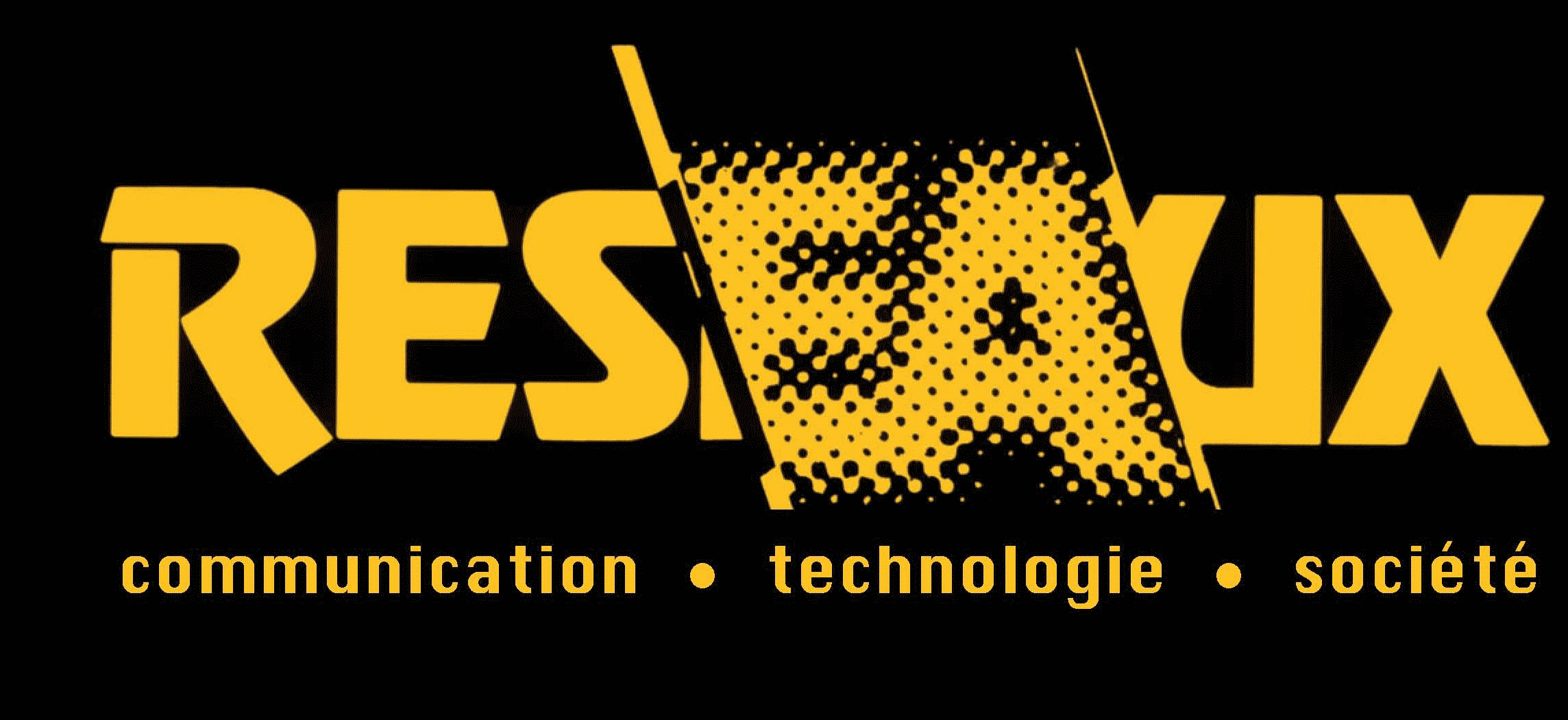Inside the Mind of PageRank
The Google search engine algorithm, PageRank, is a moral machine. It holds a value system, gives prominence to those that have been deemed worthy by others, and displays an intention to make the web a space where the exchange of merit is neither impeded nor deformed. By looking back at the origins of PageRank in sociometry and scientometrics, this article identifies the main epistemic properties of a system which measures the authority of documents and relies on the hypertext links exchanged between web pages. One crucial condition of its relevance, described by statistical models underpinning the “wisdom of crowds” thesis, is the assumption that the tool which records internet users’ behaviours is external to the world it measures. Google has established a set of rules to satisfy this condition: separating natural ranking from sponsored links, not manually interfering with the algorithm, encouraging internet users not to act according to the algorithm. But the massification of uses of the web and the multiplication of internet user strategies to be visible to the algorithm make the order that PageRank has imposed on the web increasingly fragile.
